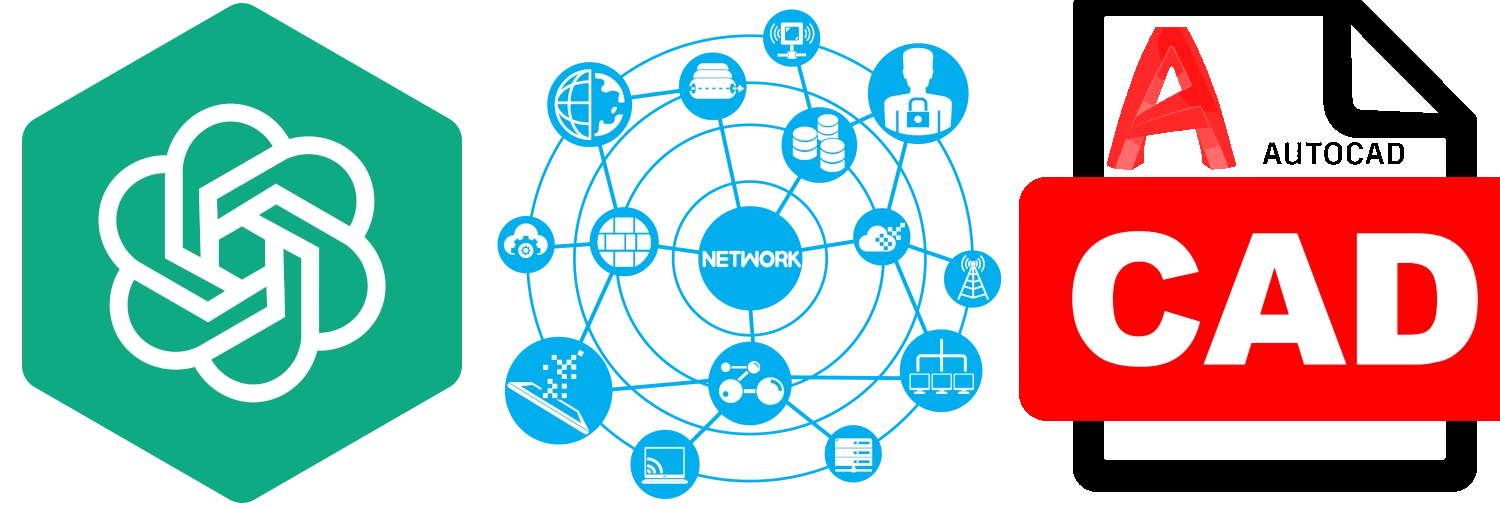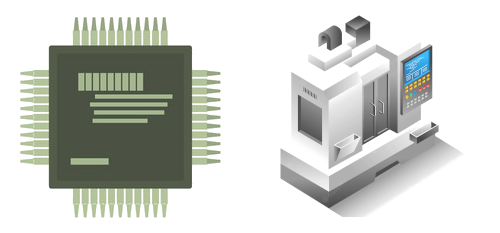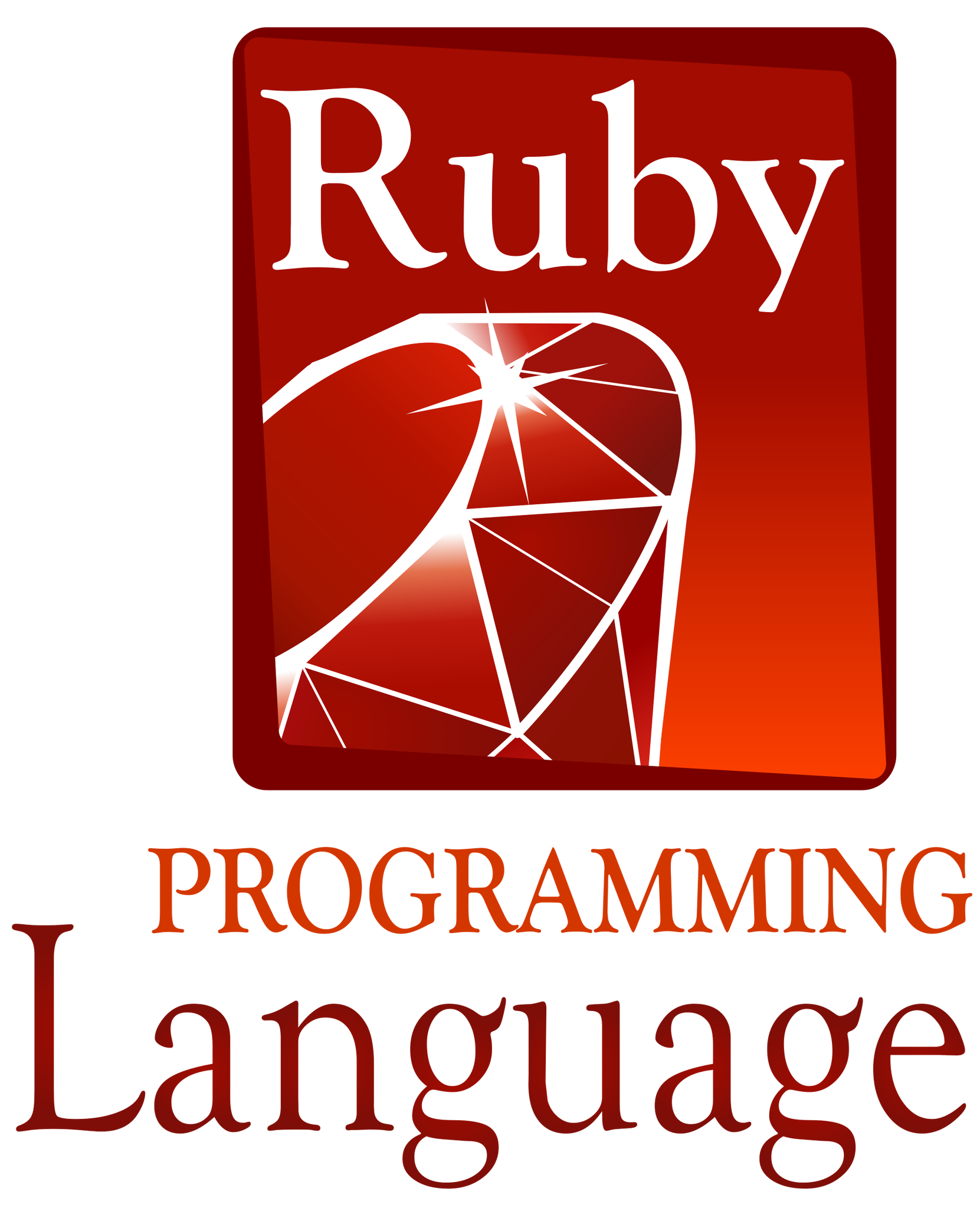
Deutsch-Chinesische Enzyklopädie, 德汉百科
IT-Times
Programming language and framework
***Metaverse*ACM Turing Award*Banking and financial services*IDE*IT security and data protection policy*Government3D-DruckAndroidAR/VRArtificial IntelligenceBig DataBlockchainCAD/CAE/CAM/EDA/PDM/PLMChat/Video Conferencing/PhoneCloud ComputingCMSCNCComputer Algebra System and MathematicsCRM/EAM/ERP/SRM/SCM/HCM/QM/XM/WFMCross platformData analysisDatabase management systemsPrinter/Photocopier/ScannereBookeCommercePower Engineering SoftwareDriver assistance systemsFPGAGames industryGaming ClubGraphics software and graphics tabletGraphics card/Video cardSemiconductor technologyHPCICIndustrial RobotInstant Messaging und VoIPInternet of ThingsLinux/UnixMainframeMCU MedicineMicrosoft WindowsMobile Networks Modernization of agricultureMotherboardMusic productionOperating SystemPayment SystemPCI-SIGPLC/DCS/FCS/SCADA/MES Precision Instrument/Medical Equipment/Research EquipmentProduction Engineering/Manufacturing TechnologiesProfessional media softwareProgramming language and frameworkQuantum ComputingRoot name serverSensorSmart phoneSocial networkStreaming MediaStream processorSearch Engine TCP/IP ProtocolsTuring AwardProcessing Units - CPU, GPU, APU, TPU, VPU, FPGA, QPU, IPU, PICVersion controlDistributed systemVirtualization
TensorFlow ist ein Framework zur datenstromorientierten Programmierung. Populäre Anwendung findet TensorFlow im Bereich des maschinellen Lernens. Der Name TensorFlow stammt von Rechenoperationen, welche von künstlichen neuronalen Netzen auf mehrdimensionalen Datenfeldern, sog. Tensoren, ausgeführt werden. TensorFlow wurde ursprünglich vom Google-Brain-Team für den Google-internen Bedarf entwickelt und 2015 unter der Apache-2.0-Open-Source-Lizenz veröffentlicht


 IT-Times
IT-Times












